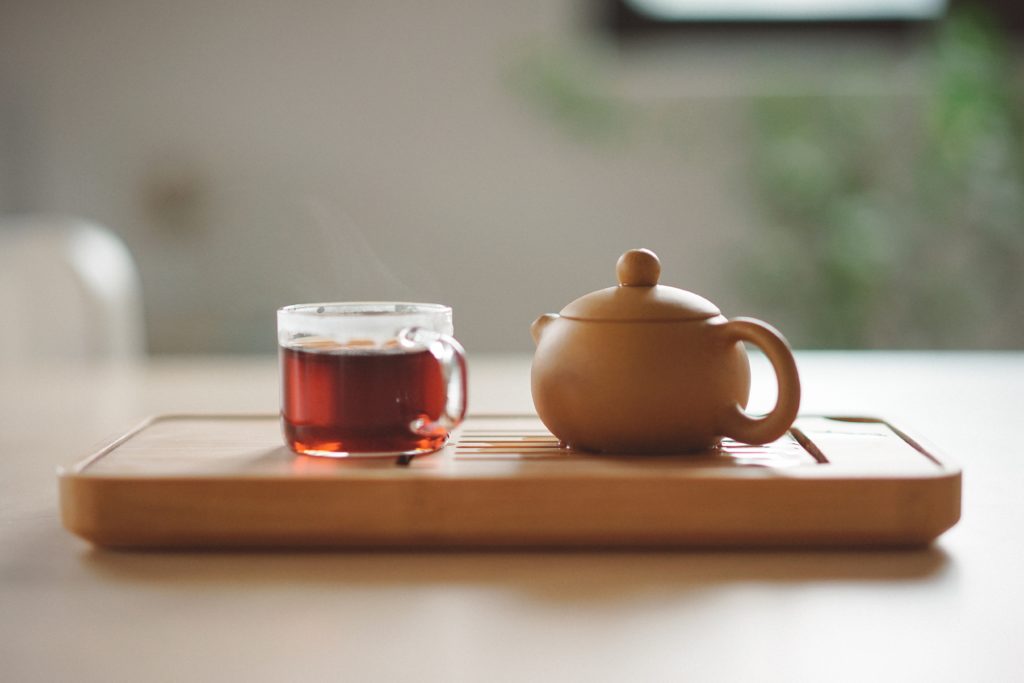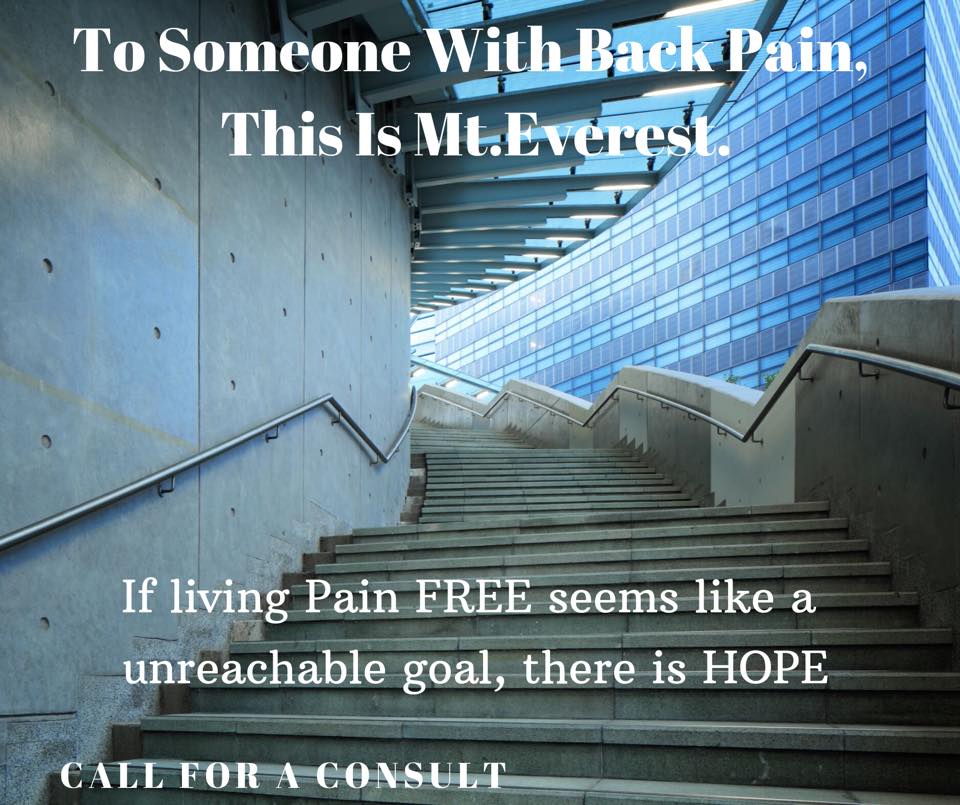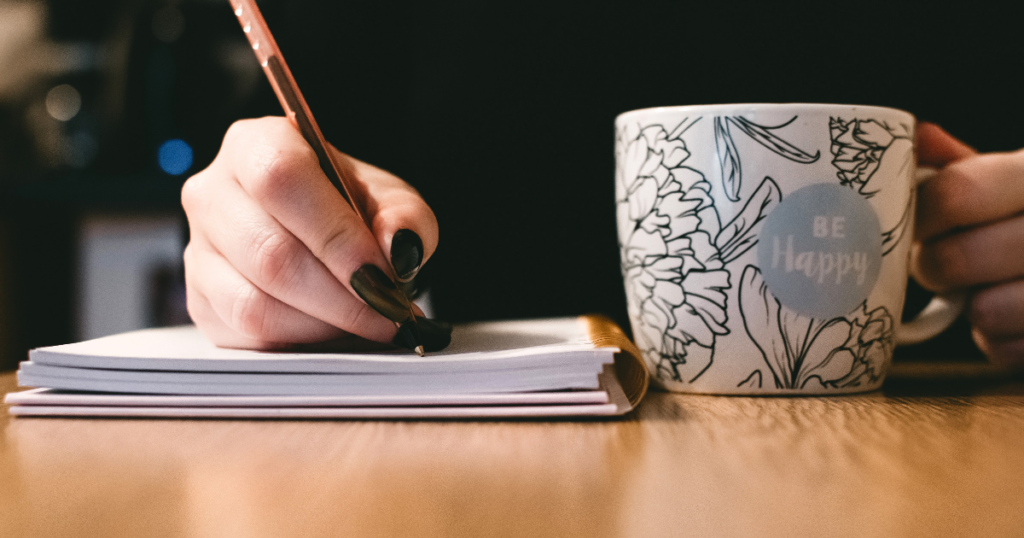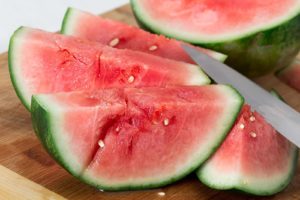ATP Resonance BioTherapy™
ATP Resonance BioTherapy™ is a cutting edge technique for treating pain that uses low-level electrical current. The current is delivered to specified parts of the body in an attempt to relieve the pain or condition we are treating. Frequencies have a direct effect on our physical bodies and can almost instantaneously change the chemistry and then improve symptoms. For example, there are frequencies clinically proven to reduce pain and inflammation and others that improve circulation. It’s similar to writing a computer program for our bodies to heal. There are 100’s of frequencies that we use to reduce inflammation and pain.
Initial Consultation Required
The initial consultation with our acupuncturist Mrs. Parks is required to find out if you are a candidate for ATP Resonance BioTherapy™.
If you are determined to be a candidate, we can perform your first procedure the same day.
What To Expect With
ATP Resonance BioTherapy™
Conditions That We Treat
With ATP Resonance BioTherapy™
Shingles
Burns
Kidney Stones
Asthma
Irritable Bowel Syndrome
Disc Injuries
Fibromyalgia
Diabetic Neuropathy
Neuromas (overgrowth and scarring to a nerve after an injury)
Tendinopathy (inflammation and/or swelling of the tendon)
Acute (sudden) And Chronic (long-term) Musculoskeletal Injuries
Acute And Chronic Neuropathic (nerve) Pain
Chronic Fracture And Bone Pain
Arthritis
Torticollis (head is tilted to one side)
Disc Injuries / Discogenic- And Facet-Based Pain
Viscerally-referred Pain
Concussions
Headaches
Plantar fasciitis
Wounds
Common Questions Regarding ATP Resonance BioTherapy
How Does ATP Resonance BioTherapy™ Work?
ATP Resonance BioTherapy™ is applied to the body with a device that delivers a mild current. Microcurrent is an extremely mild electrical current (one millionth of an ampere). In ATP Resonance BioTherapy™, depending on the tissues involved, specific frequencies are selected to encourage natural healing of the body and to reduce pain.
Is ATP Resonance BioTherapy™ Painful?
Treatment with ATP Resonance BioTherapy™ is non-invasive and painless. The currents used in ATP Resonance BioTherapy™are so low that the patient often does not feel them. During the procedure, patients may notice certain effects, including warmth and a softening of affected tissues. Patients often find ATP Resonance BioTherapy™ to be very relaxing as symptoms dissipate and muscular tension is diminished.
Is ATP Resonance Bio Therapy™ Covered By Insurance?
While ATP Resonance BioTherapy™ is one of our offerings, in our clinic our acupuncturist will meet with you and evaluate your specific needs to determine if you are a candidate for our services. Then, if you are a good candidate for our clinic, our acupuncturist will formulate a treatment plan tailored specifically to you. The majority of the time, your treatment plans draw from all of our services to give you the best comprehensive care and get you the best results as quickly as possible.






